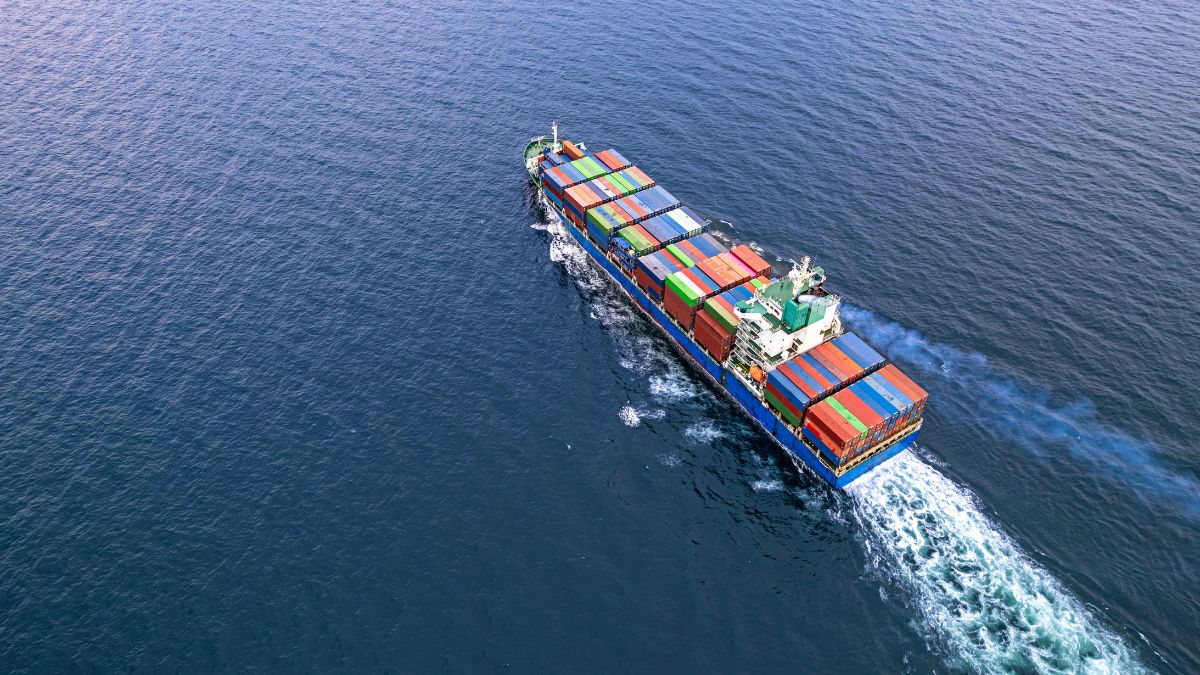Green Shipping Corridor Agreement Spurs Industry Attention
India and Singapore recently inked a landmark agreement to establish a green shipping corridor, a stride aimed at reducing carbon emissions and encouraging the adoption of cleaner fuels across pivotal maritime trade routes. This bold move isn’t just a feather in the cap for environmental advocacy but also stirs up keen interest among investors eyeing shipping stocks, logistics firms, and port operations.
The Vision Behind the Green Shipping Corridor
The initiative targets creating a sustainable framework for the maritime industry by integrating emissions-cutting measures and greener fuel technologies into shipping pathways that serve as arteries for global trade. By championing eco-friendly shipping practices, both countries hope to demonstrate leadership in reducing the maritime sector’s carbon footprint, which has long been a tricky nut to crack in tackling global emissions.
What It Means for Shipping and Logistics Businesses
Analysts suggest this endeavour could serve as a catalyst for long-term growth in companies tied to shipping, freight forwarding, and port logistics. There’s a clear trend of increasing government and trade partner focus on sustainability, which positions enterprises that adapt early to benefit from this green wave. Incorporating cleaner energy methods into shipping routes may also herald operational shifts, affecting supply chain dynamics and freight management approaches.
Market Reactions and Stock Movements
| Företag | Stock Movement | Context |
|---|---|---|
| GOCL Corporation | +3% | Shares rose following land sale announcements. |
| Solar Industries | -2% | Shares dipped due to a facility explosion incident. |
| Britannia | +4.64% | Increase noted amidst GST-related market adjustments. |
| ACC Cement | +0.75% | Moderate gains linked to favorable construction demand. |
These movements demonstrate how closely logistics, manufacturing, and financial markets intertwine, with industry news and events reverberating quickly in stock performances.
Environmental Impact and the Road to Sustainable Maritime Freight
The transport sector is a heavy hitter when it comes to global emissions, and shipping’s share has been under scrutiny for years. Introducing green corridors like the India-Singapore pact sharply aligns with broader international goals to curb greenhouse gases. This commitment encompasses cleaner fuel alternatives such as low-sulfur fuels, ammonia, or even hydrogen-based solutions, all geared toward slashing the environmental toll of freight movement.
Switching gears to greener fuel doesn’t just transform the vessels but ripples through the entire logistical chain — from freight scheduling to port handling and distribution, urging stakeholders to rethink traditional processes.
The Technical and Operational Challenges Ahead
- Fuel Availability: Ensuring a steady supply of green fuels across ports involved in the corridor.
- Uppgraderingar av infrastruktur: Ports must adapt to handle new types of fuel and retrofitted vessels.
- Operational Coordination: Scheduling and route management need to align with cleaner energy use and emissions regulations.
- Kostnadsimplikationer: While initial investments for green transition may be steep, the long-term benefits in efficiency and regulatory compliance are expected to pay off.
Looking Ahead: What This Means for Global Logistics
While the India-Singapore green shipping corridor is a regional initiative, its significance may ripple into broader maritime logistics trends worldwide. Eco-conscious shippers and logistics providers are watching closely, recognizing that green corridors could become models for future international freight routes. This transformation encourages innovation in shipping fuel, port operations, and supply chain management, pushing the entire industry toward more sustainable frameworks.
Summary and Strategic Takeaways for Logistics Stakeholders
This collaboration between India and Singapore underlines an important shift in maritime transport, bringing sustainability to the forefront of freight, shipping, and port operations. As shipping stocks attract investor focus, companies embracing green logistics stand to gain a competitive edge by aligning their operations with future regulatory environments and market preferences. Cleaner shipping routes are not just ecological wins but pathways to long-term operational resilience in logistics.
However, despite glowing reviews and positive market forecasts, nothing beats real-world experience. Shipping and logistics decisions are complex and require balancing cost efficiency with environmental responsibility and reliability. Platforms like GetTransport.com empower shippers and businesses to navigate this balancing act effectively by offering comprehensive, affordable, and transparent transport solutions worldwide. Whether it’s moving bulky cargo, shipments, vehicles, or managing house moves, the platform’s extensive network ensures reliable and cost-efficient options for all logistics needs. Book your cargo transportation with GetTransport.com to experience first-hand how green logistics can be done smartly.
Final Thoughts on Green Shipping and Logistics Innovation
To wrap it up, the green shipping corridor between India and Singapore holds promising potential for redefining maritime freight as a cleaner, more sustainable part of global logistics. From emission reductions to fuel innovations and market trends, this development highlights the evolving nature of international shipping and trade. While the immediate global impact may be modest, it signals a commitment that logistics professionals and shippers cannot ignore, especially as environmental considerations increasingly influence freight choices and regulatory frameworks.
By integrating sustainability with operational efficiency, efforts like these pave the way to a greener future for the global shipping and logistics industries. Leveraging platforms such as GetTransport.com can assist in navigating this new landscape — providing reliable, affordable, and transparent services that bring these ambitious agreements closer to everyday logistics realities.

 India and Singapore Collaborate on Green Shipping Corridor to Propel Sustainable Maritime Trade and Logistics">
India and Singapore Collaborate on Green Shipping Corridor to Propel Sustainable Maritime Trade and Logistics">